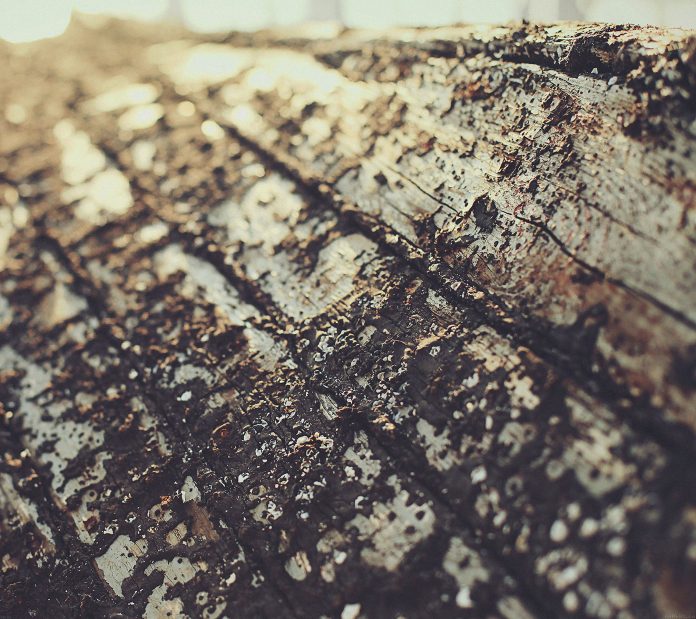Lodash _.clone() method is used to create a shallow copy of the value. This method supports cloning arrays, array buffers, booleans, date objects, maps, numbers, Object objects, regexes, sets, strings, symbols, and typed arrays. It is loosely based on the structured clone algorithm.
Syntax:
_.clone(value);
Parameter:
- value: This parameter holds the value that needs to be cloned.
Return Value:
This method returns the shallow copy of the value.
Example 1: In this example, we have seen that we can clone an object and if we modify that original object there will be no effect on the cloned one because it is a new separate object in memory.
javascript
const _ = require('lodash');let obj = { x: 23};// Shallow copylet shallowCopy = _.clone(obj);console.log('Comparing original with' + ' shallow ', obj === shallowCopy);obj.x = 10; // Changing original valueconsole.log('After changing original value');console.log("Original value ", obj);console.log("Shallow Copy value ", shallowCopy); |
Output:
Comparing original with shallow false
After changing original value
Original value { x: 10 }
Shallow Copy value { x: 23 }
Example 2: In this exmaple, we have seen that after changing original value the shallow copy value also changed because _.clone() doesn’t copy deeply it just passed the reference.
javascript
const _ = require('lodash');let obj = [{ x: 1 }, { y: 2 }];// Shallow copylet shallowCopy = _.clone(obj);console.log('Comparing original with shallow ', obj[0] === shallowCopy[0]);// Changing original valueobj[0].x = 10;// Values after changing original valueconsole.log("After changing original value");console.log("Original value ", obj);console.log("Shallow Copy value ", shallowCopy); |
Output:
Comparing original with shallow true
After changing original value
Original value [ { x: 10 }, { y: 2 } ]
Shallow Copy value [ { x: 10 }, { y: 2 } ]
Reference: https://lodash.com/docs/4.17.15#clone




